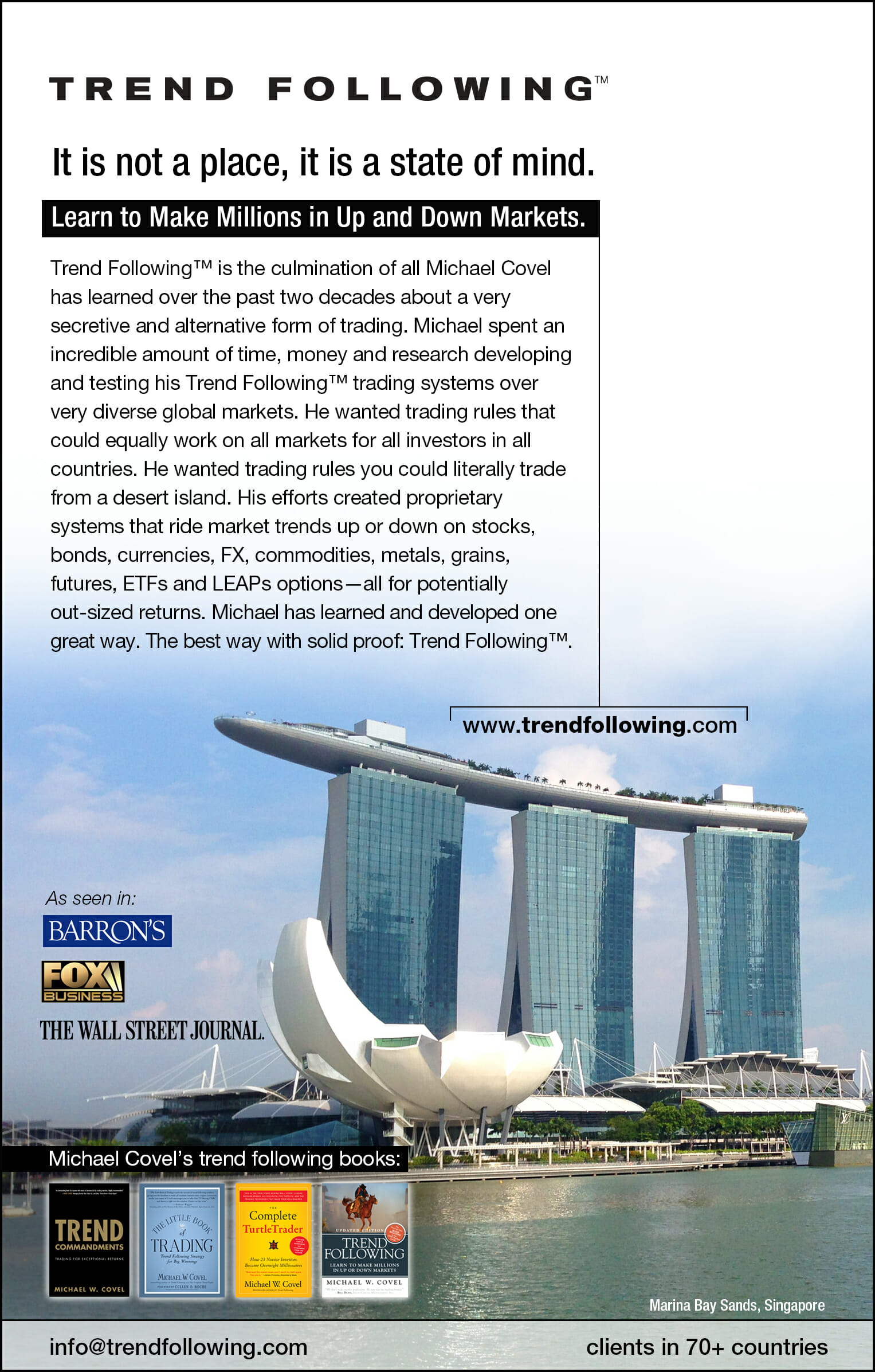“The biggest secret about success is that there isn’t any big secret about it, or if there is, then it’s a secret from me, too. The idea of searching for some secret for trading success misses the point.”
Ed Seykota
Michael J. Mauboussin, with a little help, explains how rules should define your trading:
One of the characteristics of a complex system is that highly variable outcomes emerge from simple rules. Unless you deliberately replay a chess game, you’ll never see the same game twice. Herein lies the key to resolving the short-term versus the long-term tension. Companies should develop long-term decision rules that are flexible enough to allow managers to make the right decisions in the short term. In this way, the company is managing for the long run even when it has no information about what the future holds. No company knows how the business landscape will develop just as chess players don’t know how the board will develop‹but decision rules provide action guidelines no matter what happens. Kathy Eisenhardt and Don Sull call this strategy as simple rules. They argue that companies, especially in fast-changing markets, should not embrace complex strategies but rather adopt and stick to a few straightforward, hard-and-fast rules that define direction without containing it.
Eisenhardt and Sull specifically suggest five types of rules:
1. How-to rules spell out key features of how a company should execute a process. It answers the question: What makes our process unique?
2. Boundary rules focus managers on which opportunities they should pursue and which are outside the pale.
3. Priority rules help managers rank the opportunities they accept.
4. Timing rules synchronize managers with the pace of opportunities that emerge in other parts of the company.
5. Exit rules help managers decide when to pull out of yesterday’s opportunities. They argue that a company should have somewhere between two and seven rules, that young companies typically have too few, and that more mature businesses have too many. A decision rule to maintain accounting integrity (i.e., to avoid managing earnings per share versus managing the business) might also help reduce undue short-termism.
This strategy as simple rules approach is not only strongly analogous with successful chess playing, but it also resonates with other complex adaptive systems. Most important, it puts to rest the nonproductive debate about whether companies should manage for the short or long term. Companies that embrace simple rules can manage both for the next quarter and the next quarter century.
Trend Following Products
Review trend following systems and training:

More info here.
